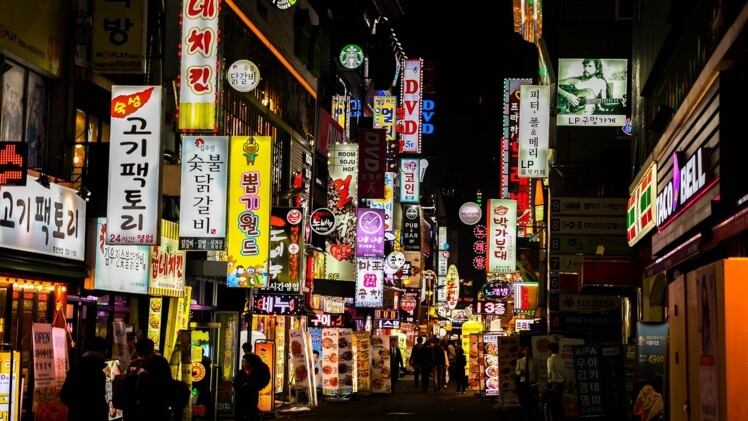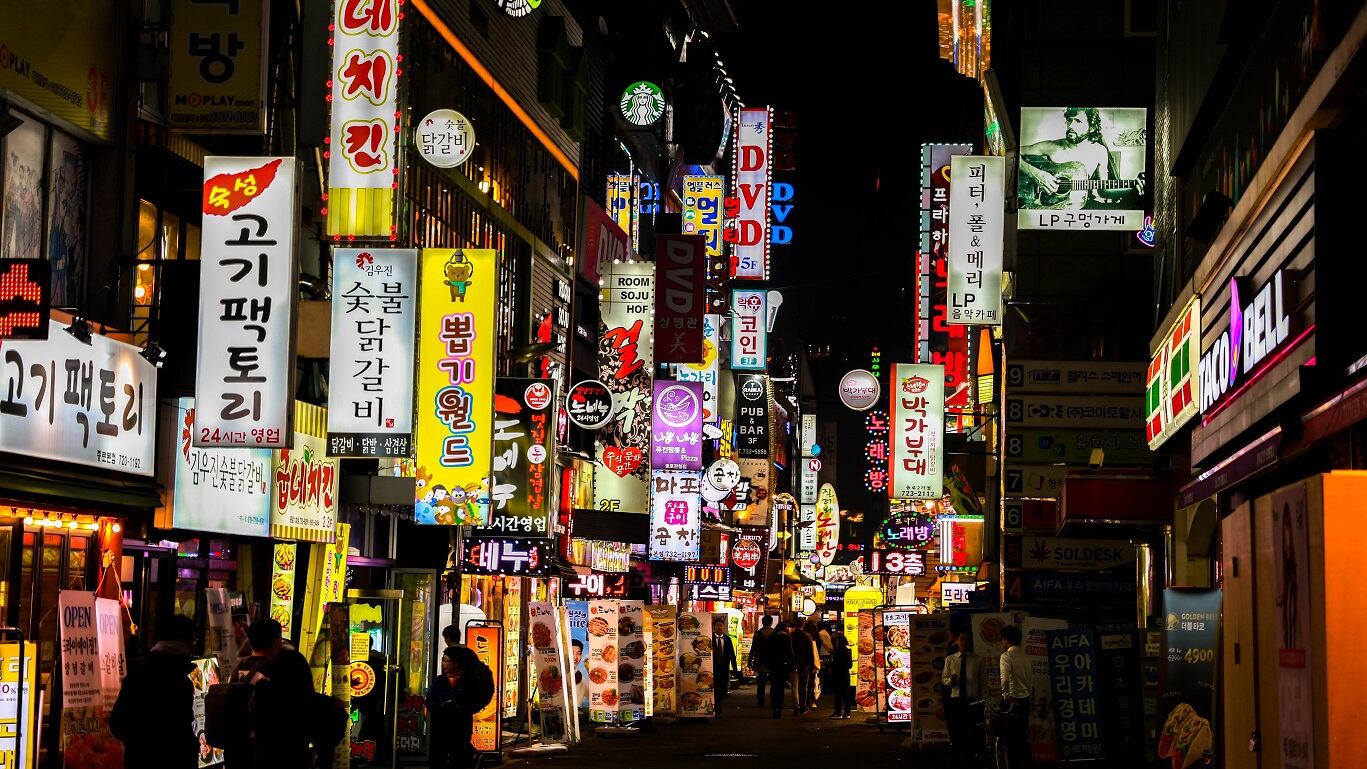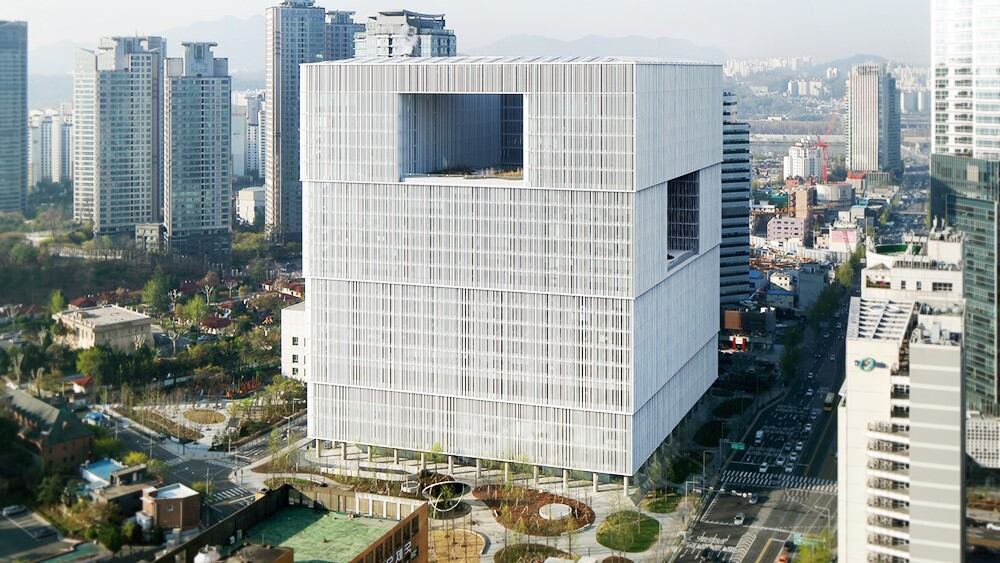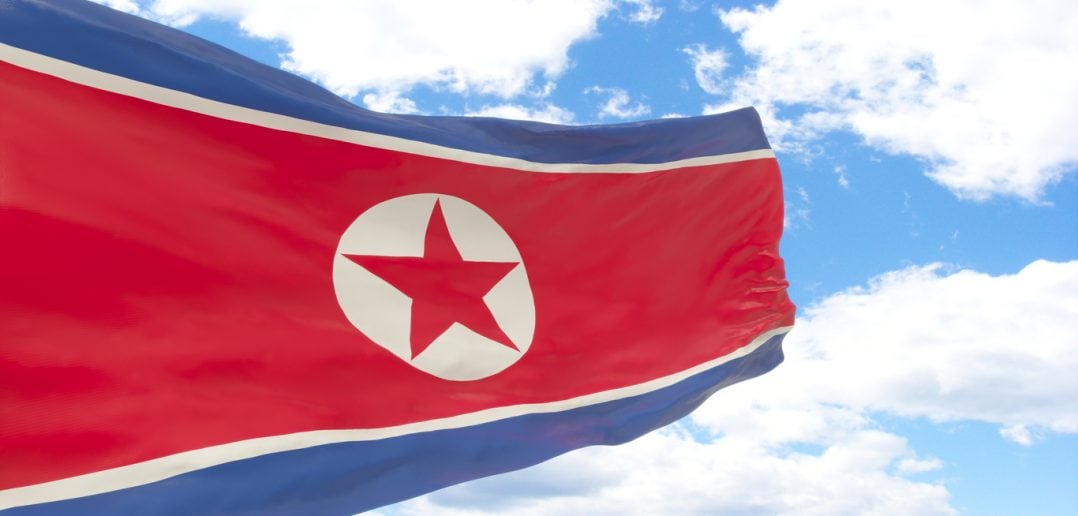Recent reports suggest that total cosmetics sales in the country fell by 15% in 2018 over the previous year, in a market worth US$2bn.
At the same time, the number of cosmetics stores have been shrinking since 2017, and some estimates say Korea has just 5,200 stores now.
Mounting challenges
As popular brand Skinfood entered corporate restructuring last October due to excessive debts, some health and beauty shops have moved their focus online.
Neighbouring China has had a hand in the fall of Korean cosmetics. In 2017 it prompted the first wave of sales reductions following a diplomatic spat between the two countries after Seoul announced a battery of THAAD missiles would protect the country, against Beijing’s wishes.
Other reasons for Korea’s cosmetics malaise include excessive competition within the industry and changes in distribution models. Some stores are focusing on marketing a wide range of brands rather than operating a closed structure. As a result these open stores can control the market for low- and medium-range products and new brands.
This is in marked contrast to the situation 15 years ago when the “K-Beauty” trend was gaining a footing and retailers ruled supreme.
Appreciation from the North
Meanwhile, over the border in North Korea, Kim Jung-un handed out New Year’s gifts of South Korea-made cosmetics to party officials last month despite an official ban on products from below the 38th parallel.
The Chosun daily reported that finance officials from the north’s ruling party bought 1,000 sets of South Korean cosmetics at Yanbian Korea autonomous prefecture in China’s northeastern province of Jilin last November.
It is commonplace in North Korea to bribe elites with gifts on key anniversaries, including the birthdays of late leaders Kim Il-sung and Kim Jong-il, to secure loyalty.
Though the north markets several of its own cosmetic brands, products from the south are said to be much more popular among the wealthy and connected in the North Korean capital.
The north’s state-owned Pyongyang Cosmetics Factory reportedly analysed almost 140 international products to see how they could be improved with south Korean expertise, according to President Kim’s instructions.
Kim had ordered the plant to produce the “world’s best cosmetics” during a visit last year. He hailed the “world-class” products and “very nice” packaging that are made there, according to Global Times, after a visit to the factory.
The factory, which produces over 300 varieties of products, claims its homegrown Unhasu line is on par with luxury overseas brands like Shiseido and Chanel. It already exports its output to Russia and China and is now looking to open up new markets.




